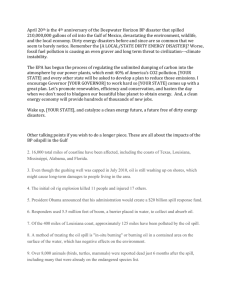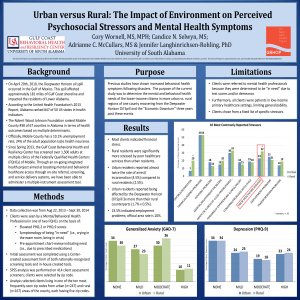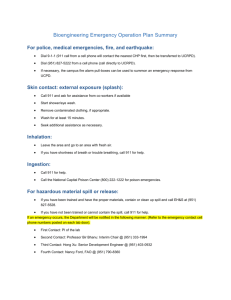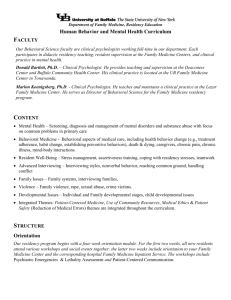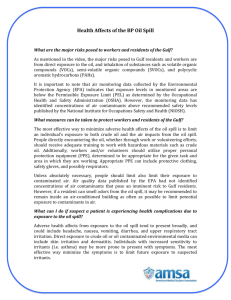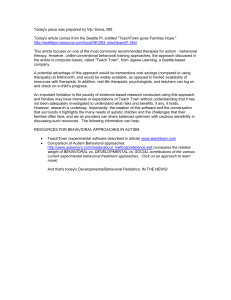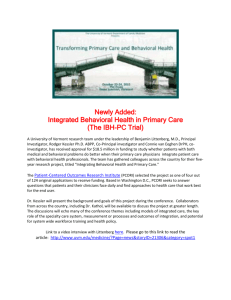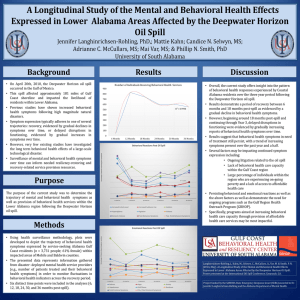news release - Amazon Web Services
advertisement
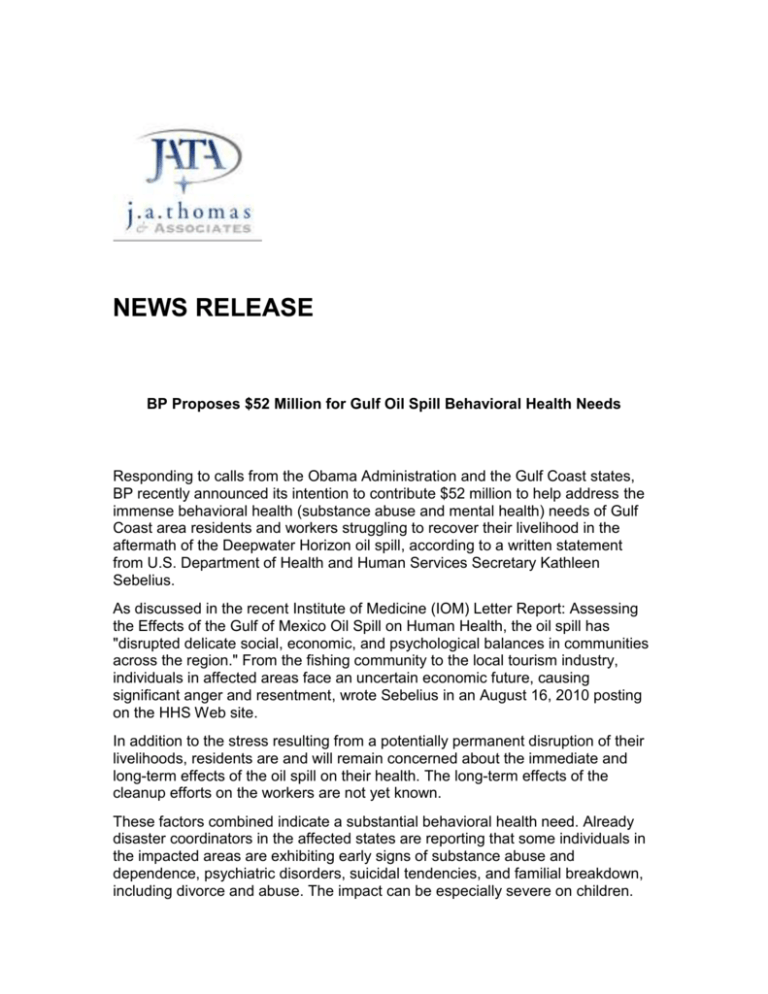
NEWS RELEASE BP Proposes $52 Million for Gulf Oil Spill Behavioral Health Needs Responding to calls from the Obama Administration and the Gulf Coast states, BP recently announced its intention to contribute $52 million to help address the immense behavioral health (substance abuse and mental health) needs of Gulf Coast area residents and workers struggling to recover their livelihood in the aftermath of the Deepwater Horizon oil spill, according to a written statement from U.S. Department of Health and Human Services Secretary Kathleen Sebelius. As discussed in the recent Institute of Medicine (IOM) Letter Report: Assessing the Effects of the Gulf of Mexico Oil Spill on Human Health, the oil spill has "disrupted delicate social, economic, and psychological balances in communities across the region." From the fishing community to the local tourism industry, individuals in affected areas face an uncertain economic future, causing significant anger and resentment, wrote Sebelius in an August 16, 2010 posting on the HHS Web site. In addition to the stress resulting from a potentially permanent disruption of their livelihoods, residents are and will remain concerned about the immediate and long-term effects of the oil spill on their health. The long-term effects of the cleanup efforts on the workers are not yet known. These factors combined indicate a substantial behavioral health need. Already disaster coordinators in the affected states are reporting that some individuals in the impacted areas are exhibiting early signs of substance abuse and dependence, psychiatric disorders, suicidal tendencies, and familial breakdown, including divorce and abuse. The impact can be especially severe on children. These stress reactions are real and can lead to debilitating health conditions, including conditions traditionally considered "physical" as well as mental and substance use disorders. Congress recognized that behavioral health disorders are equivalent to other health conditions when it passed the Mental Health Parity and Addiction Equity Act of 2008 (MHPAEA), providing that medical and behavioral health needs are not separate entities and, thus, should not be treated as such. If behavioral health conditions are left untreated, we can expect that the mental health status of these individuals and their families will worsen that the cost associated with other health conditions, domestic violence, criminal justice, education, and lost productivity will increase, wrote Sebelius. The states are critical leaders in the effort to address behavioral health issues. BP has rightly recognized the role of the states and the critical need for behavioral health services, and has opened a dialogue to continue to find ways to help those struggling to get by. In her statement, Sebelius said the agency would continue the effort to secure resources from BP needed to address the health issues that have arisen as a result of the oil spill. ###
